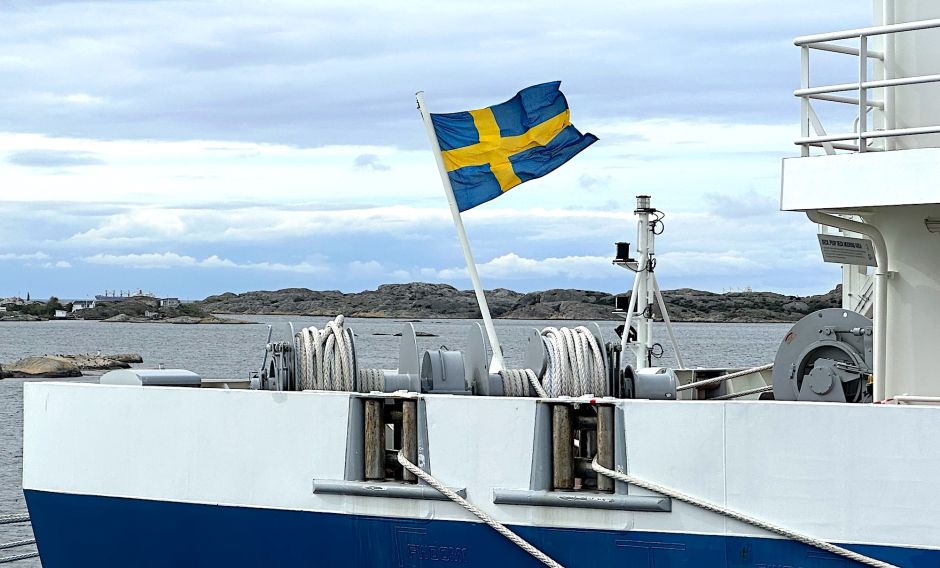2030-secretariat: Fee increases for shipping should be avoided

Much of what is decided through the government's budget needs to be specified. Therefore, the 2030-secretariat has created a basis with proposals on how the government's priorities should be designed to ensure that the climate goals are achieved. When it comes to shipping it is suggested that fee increases should be avoided.
The 2030 secretariat has been clear in it’s criticism of parts of the budget bill – including the lowered reduction obligation and the tax cut on fossil fuels which they believe will greatly increase the transport sector's climate impact.
“The Riksdag decides. When it adopts the government's budget proposal, it poses major challenges in meeting the climate goals, but here there are also a number of proposals that, if properly designed, can contribute to the transition. We are convinced that an organization like ours in a good democratic spirit should assist in concretizing the proposals in the best possible way”, says Mattias Goldmann at the 2030 secretariat.
Therefore, a document called Konkretisera mera has been created which compiles and categorizes all the budget bill's proposals for the transformation of the transport sector with concrete proposals on how they can be designed to achieve the most long-term sustainable climate policy possible.
Regarding shipping, the government writes in the budget bill that "within the shipping area, the assessment is that deficits will continue to increase in 2023, which is why continued fee increases are necessary to achieve balance by 2028."
Just as the Swedish Shipowners’ Association previously expressed, it is not a good idea according to the 2030 Secretariat. Instead, it is suggested that:
"Fee increases must be avoided. Sweden is losing competitiveness, not least compared to Finland, whose halved fairway fees are now likely to be made permanent. Major fee changes must await the now ongoing investigation.”
It is also suggested that:
"The incentive for a green transition should be clarified, with a bonus-malus system designed for shipping costs."
Shipping is also affected by other proposals, for example with regard to grants for charging infrastructure. These should be based on cost-effectiveness, "but there should also be a special allocation for investments that are less cost-effective in the near term but are needed for the transition, e.g. for shipping and air charging as well as for charging in sparsely populated areas with poorer customer base," the 2030 Secretariat suggests.
-
 EU: Sjöfartens utsläpp ökar
EU: Sjöfartens utsläpp ökar -
 Sociala relationer påverkar val av bränsle
Sociala relationer påverkar val av bränsle -
 Sjöfartens omställning kräver ”mjukare” påtryckningar
Sjöfartens omställning kräver ”mjukare” påtryckningar -
 Hon hade avtalad tid med Kapten ynkrygg
Hon hade avtalad tid med Kapten ynkrygg -
 Lighthouse omvärldsanalys 2025 – osäkerhet och tullar präglar sjöfarten
Lighthouse omvärldsanalys 2025 – osäkerhet och tullar präglar sjöfarten -
 Se seminariet Shipping in the Marine Environment
Se seminariet Shipping in the Marine Environment -
 Vad betyder egentligen de 90 procenten?
Vad betyder egentligen de 90 procenten? -
 Hålla där...
Hålla där... -
 Ny rapport: Klimatförändringarna ett hot mot de flesta större hamnar i världen
Ny rapport: Klimatförändringarna ett hot mot de flesta större hamnar i världen -
 Nytt AI-verktyg tar lasthanteringen till nästa nivå
Nytt AI-verktyg tar lasthanteringen till nästa nivå

